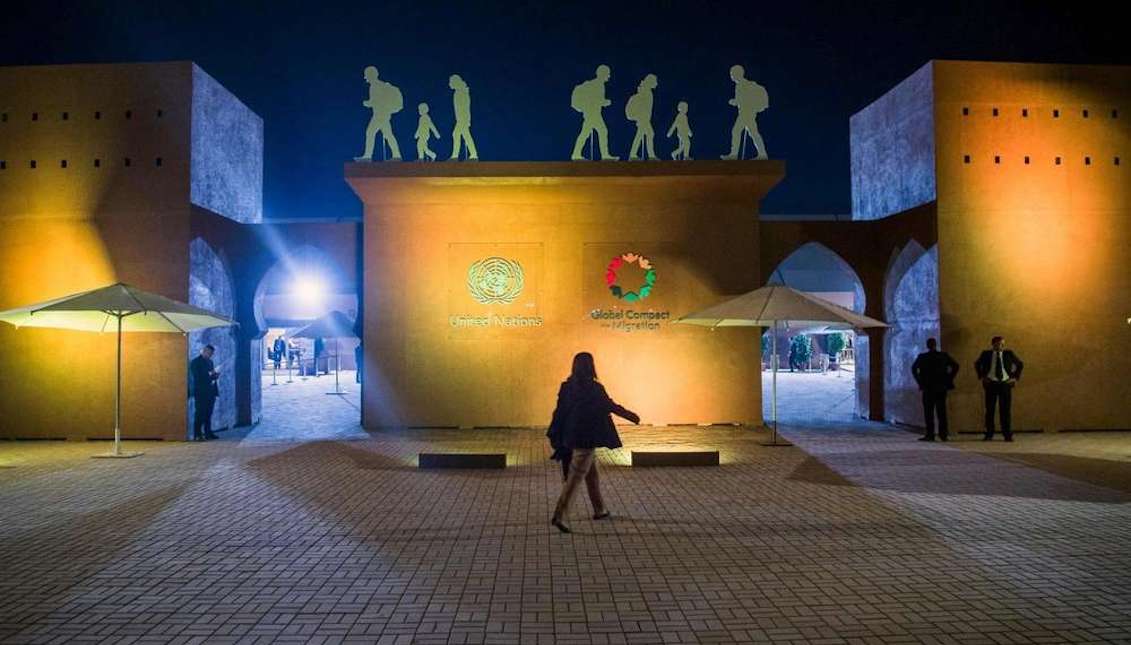
A Migration Pact divides the international community
The United Nations Pact to address the issue of migration has been the cause of discord in the international community, with those who want international…
Immigration is not just a thorny issue in the United States.
Globally, and following the 2015 crisis, the flow of immigrants across borders has become a political campaign issue for all sides - from the extreme right and its hermetic nationalist impulses to the center-left liberals that propose an international collaboration to deal with the thousands of immigrants who travel by land, sea and air to reach less disadvantaged countries.
According to the International Organization for Migration (IOM), in 2018, 3,381 immigrants have died while trying to leave their countries. Since 2015, this number reaches 22,459. Among hundreds of men, women, and children in makeshift rafts to immigrants who undertake days of weeks on foot, the circumstances surrounding internationally displaced groups is alarming.
That is why the leaders of the United Nations met this week in Marrakech, Morocco to discuss the Global Compact for Safe, Ordered and Regular Migration, an agreement that "establishes a framework of cooperation to address international migration,” explained Politico.
The pact has been supported by an important majority of the UN (184 of the 193 members) and, although it is not binding, represents the first step in the history of the organization to address the migration crisis.
Part of the agreement is to "limit pressure on countries with many migrants and promote self-sufficiency of newcomers," stating that "no country can address migration alone while defending the sovereignty of States and their obligations under of international law."
But the resurgence of a nationalist right strengthened at European level has hampered the coordination of the member countries in the pact, dividing and even breaking much of what had been achieved so far.
RELATED CONTENT
Following the lead of U.S. President Donald Trump, who refused to join the pact last year, governments like Victor Orban's in Hungary, and initiatives like those of Italian Deputy Prime Minister Matteo Salvini, have gained strength by opposing the agreement, and rejecting the refugee relief policies.
The fracture at the European level has been such that "it has taken the Belgian government to the point of collapse and has forced the Dutch leaders to publicly explain their support," NPR explained.
Just like the United States, Israel, Australia, Chile, Hungary, Austria, Poland, Czech Republic, Slovakia, and Bulgaria have also withdrawn from the pact, arguing that the measure could be counterproductive, and could increase the entry of immigrants to the continent.
This is the latest symptom of the growing nationalist sentiment in the region, where racism and xenophobia have dominated political discourse.
Now, such sentiment reaches discussions held by a multi-lateral organization founded just after World War II, when around eight million people were displaced.











LEAVE A COMMENT: